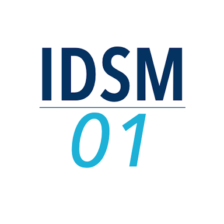Working scope of the technical program
Key challenges in magnets to be addressed with diagnostics· Understanding mechanical and magnetic transients that lead to quenching
· Understanding training: sources, physics, statistics, mitigation
· Conductors: effect of stress, identification of defects
· Quench detection using different physical mechanisms (magnetic, thermal, resistive, inductive, capacitive, etc.) Traditional and novel instrumentation, probes and techniques
· High resolution voltage-based diagnostics
· Magnetic measurement techniques (rotating probes, quench antennas, other magnetic sensors)
· Strain measurement techniques
· Acoustic emission diagnostics and related techniques
· Ideas for new techniques, sensors or instrumentation Methodology, processing and management of data
· Synergy of diagnostic techniques: making good choices for magnet testing
· Data collection and review: visualization, web interfaces, databases, etc.
· Software and algorithms for magnet data analysis
· Machine learning for understanding magnet performance limitations and facilitating magnet design Electronics and hardware
· Integrated solutions for data acquisition, conditioning and storage
· Innovative components for diagnostic instrumentation
· Cryogenic electronics for magnets
